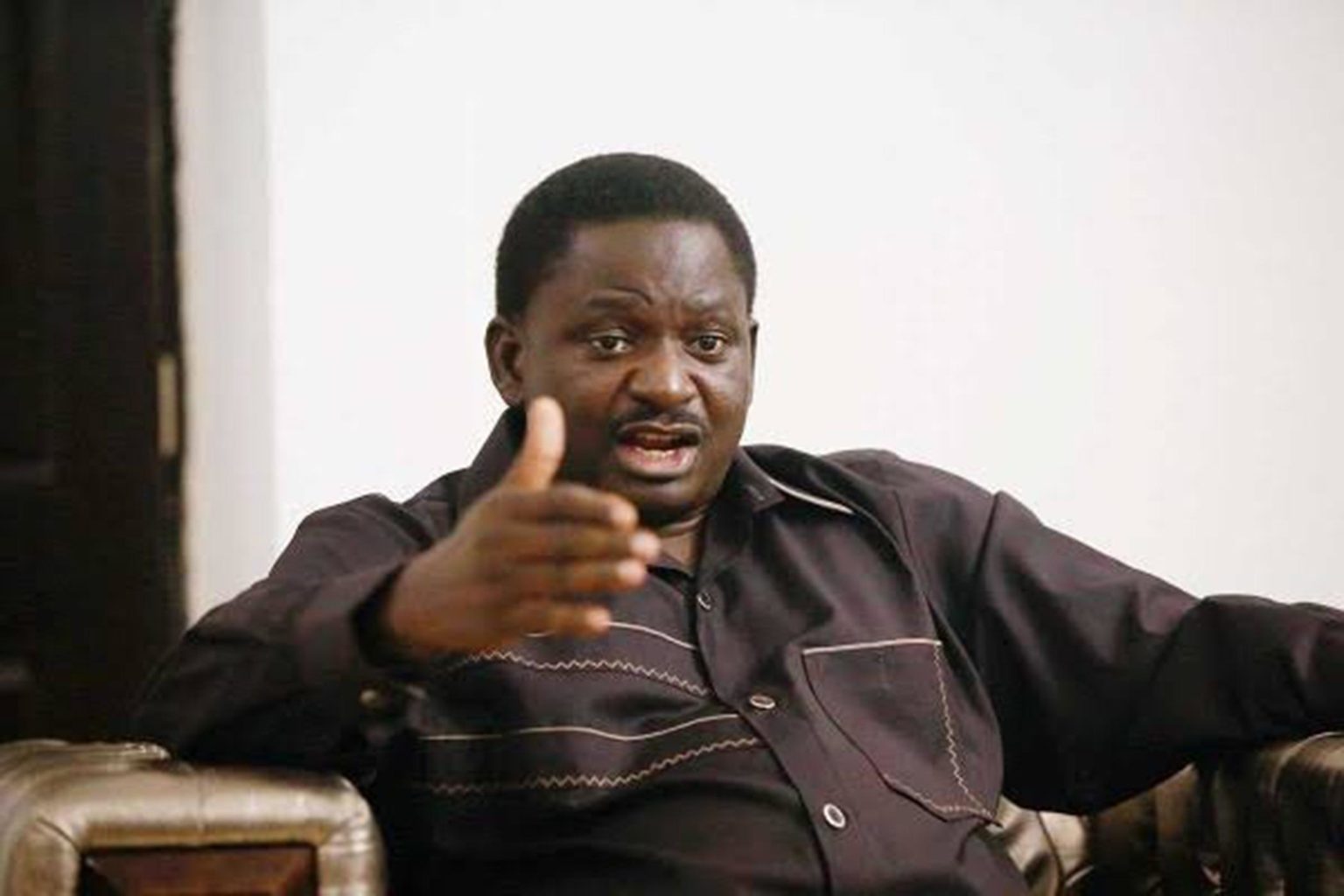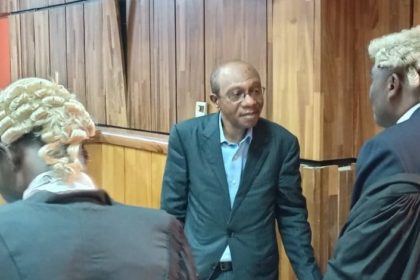By Adeyemi Adekunle | Abuja
As Nigeria celebrated the 82nd birthday of former President Muhammadu Buhari, his former Special Adviser on Media and Publicity, Femi Adesina, shed light on the critical decision of his ex-boss to retain fuel subsidy during his tenure.
Adesina described Buhari as “a friend of the poor,” whose leadership was rooted in policies that prioritized the welfare of ordinary Nigerians over economic pressures.
In a heartfelt tribute on Tuesday, Adesina praised Buhari, fondly referring to him as ‘Ore Mekunu’, a Yoruba phrase meaning “friend of the poor.”
While speaking Adesina said, the former president refused to remove fuel subsidy despite widespread calls for its elimination because of his compassion for Nigerians, particularly the underprivileged.
Adesina explained that Buhari, fully aware of the economic burden posed by the fuel subsidy regime, chose not to implement its removal to avoid plunging the masses into deeper hardship.
“The Big Elephant in the room (was the) removal of fuel subsidy. Did you think the Government didn’t know that the money-guzzling monster had to be slain? It knew,” Adesina stated.
He argued that Buhari’s decision was not out of ignorance or oversight but a conscious effort to shield ordinary Nigerians from the adverse effects of subsidy removal.
“When oil sold for at least $100 per barrel in the international market, rising even to as high as $140 per barrel, what did the ordinary people gain? Nothing! So why should they be the ones to bear the brunt when oil prices fall?” Adesina explained.
The former presidential aide noted that Buhari remained steadfast in his stance, refusing to sacrifice the well-being of the people, even as some corrupt individuals and powerful interests were benefiting from the subsidy regime.
“Buhari knew that removing the subsidy at the wrong time would throw society into a tailspin. He always argued for the ordinary people, who would feel the most impact.”
Adesina’s remarks come at a time when discussions surrounding fuel subsidy removal continue to divide public opinion in Nigeria. Many Nigerians recall the controversial decision to end fuel subsidy shortly after Buhari’s successor, President Bola Tinubu, assumed office, a move that sparked protests and economic adjustments across the country.
Reflecting on Buhari’s leadership style, Adesina emphasized that almost two years after leaving office, the former president still commands a loyal following.
“He still draws the people like magnets even in retirement. The masses recognize his disposition towards them; they know he is a leader who stood for their interests,” he noted.
As Nigeria commemorates Buhari’s 82nd birthday, Adesina’s tribute highlights the former president’s legacy as a leader who prioritized the poor, even in the face of economic challenges.
It underscores the complexities of policymaking in a nation where balancing economic reforms and social welfare remains a delicate task.
Buhari’s tenure may have ended, but the debate over his decisions, particularly on fuel subsidy, continues to shape Nigeria’s economic landscape and serve as a reference point for future administrations.




